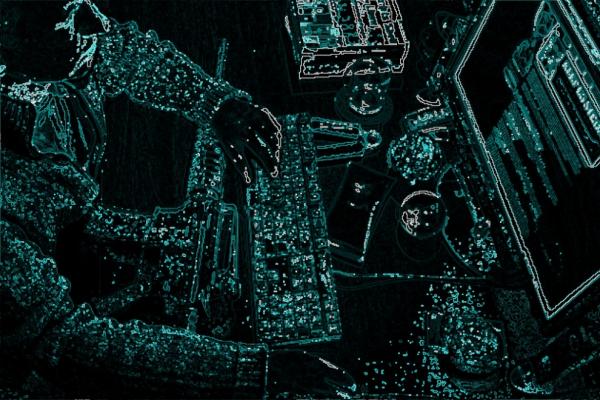BY NOW MOST of us know that when we use the internet, we are giving up privacy and exposing ourselves to potential surveillance and fraud. But we probably didn’t know until recently that in poor and distant lands, souls are being stained and scarred for the sake of our internet browsing experience.
There’s an old saying that nobody really wants to know the details of making sausage or passing legislation. Now there’s an update: You really don’t want to know how—in a world peopled by thousands of internet-capable sickos, murderers, perverts, and fanatics—your social media feeds remain so remarkably free of beheadings, snuff videos, and child porn.
Like me, if you ever thought about that, you perhaps assumed that some miraculous algorithm was automatically filtering all the bad stuff. Well, think again.
In the early days of the internet, porn sites occasionally popped up in the course of ordinary, innocent internet use. But search engine filters and various parental control programs seem, to my experience, to have made that a thing of the past. Today, every evil and dehumanizing image and act under the sun is still out there somewhere on the internet, and we are all much more connected to one another than ever before—yet, for the most part, you have to go looking for the dark side.
Read the Full Article

